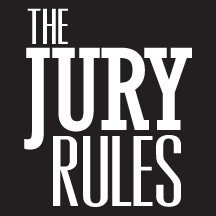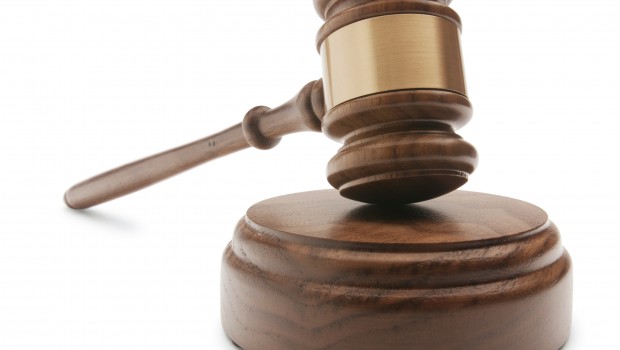“When” To Object: Non-Essential Objections
Now for the art portion. Attorneys make too many non-essential objections. First, never make an objection if the evidence offered does not hurt. As a general rule, I allow opposing counsel to lead a witness on direct if the witness is giving personal information, general background or information that I believe is not relevant to the resolution of the case. Even assuming the jury hears every bit of this type of information (from counsel and not the witness), who cares? In fact, it is probably hurting my adversary’s case. Because the lawyer is testifying through his leading questions, the jury never gets to know the witness. If he is leading his own client that is all the better for me. Here is one of the few witnesses that can really swing a juror’s opinion and the lawyer is hogging all the air time. In short, the evidence does not matter and the lawyer is preventing his witness from building rapport with the jury.








